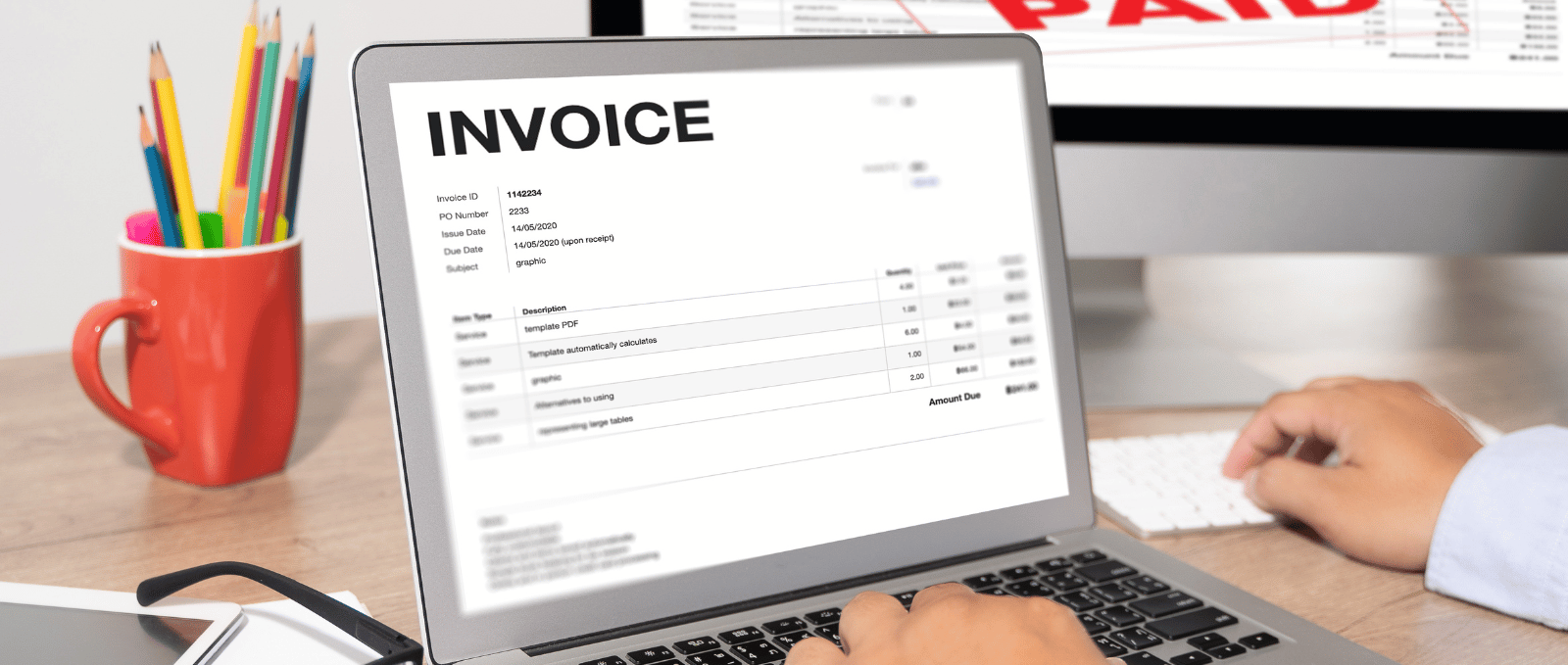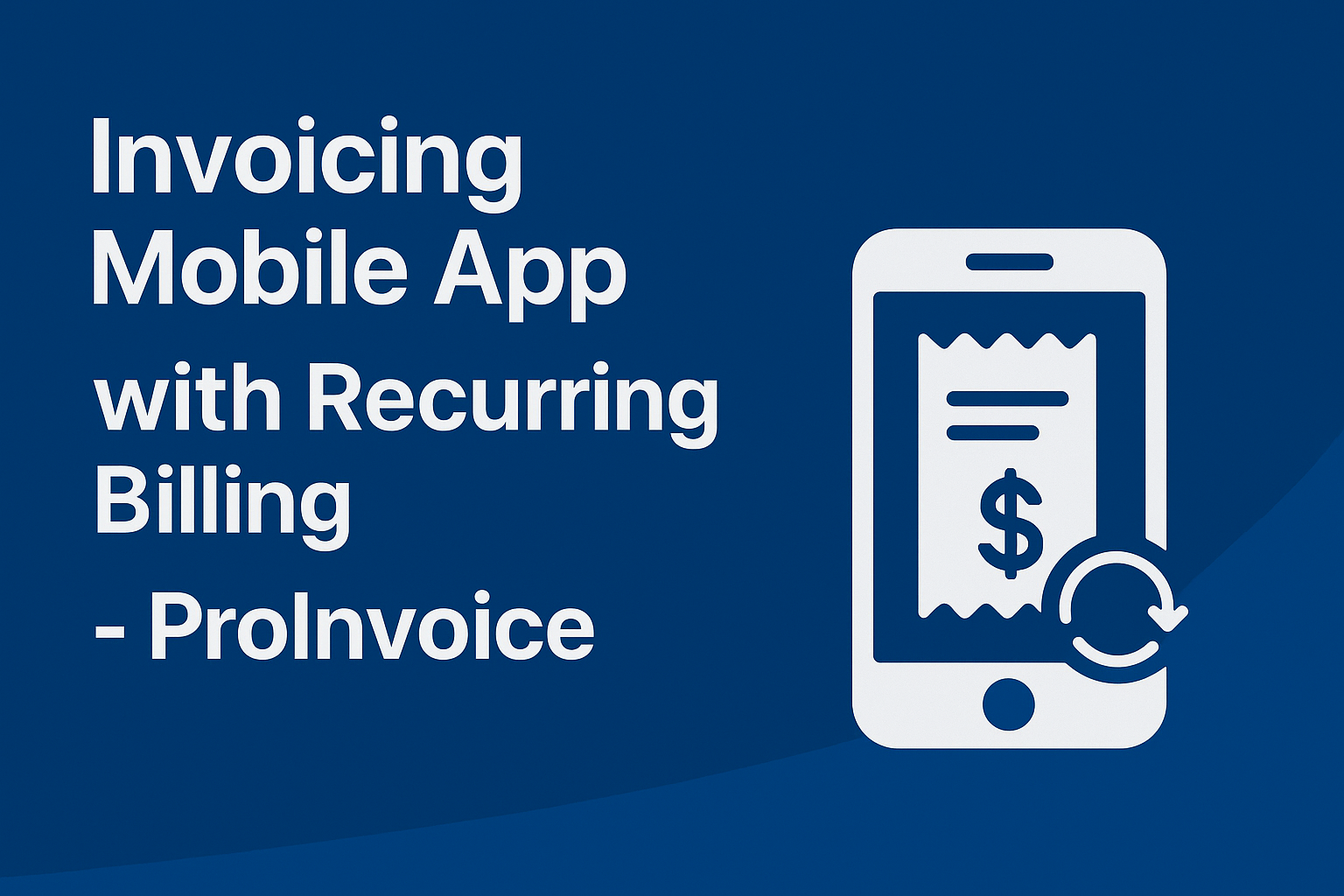In Nigeria’s rapidly evolving digital economy, freelancers and gig workers are becoming increasingly important contributors to the nation’s workforce. Invoicing Best Practices for Freelancers and Gig Workers in Nigeria are essential for anyone looking to thrive in this competitive space. Whether you’re a graphic designer, content writer, software developer, or virtual assistant, mastering the art of professional invoicing is critical to your business success. Proper invoicing practices not only ensure timely payments but also establish your credibility as a serious professional in the competitive Nigerian market.
This comprehensive guide will walk you through essential invoicing best practices specifically tailored for freelancers and gig workers operating in Nigeria’s unique business environment. By implementing these strategies, you’ll streamline your accounting processes, improve cash flow, and create a more sustainable business model.
1. Understanding the Importance of Professional Invoicing
1.1 Why Proper Invoicing Matters for Nigerian Freelancers
The freelance and gig economy in Nigeria continues to grow exponentially, driven by increasing internet penetration and digital literacy. According to recent studies, over 77% of Nigerian freelancers have experienced payment delays or disputes due to inadequate invoicing practices. Professional invoicing isn’t just about getting paid—it’s about establishing credibility and setting the foundation for your business’s financial health.
1.2 The Link Between Invoicing and Your Business Strategy
Many freelancers mistakenly view invoicing as a mere administrative task rather than an integral component of their business strategy. Your invoicing process directly impacts your cash flow, client relationships, and even your ability to attract investors if you’re looking to scale. In Nigeria’s competitive marketplace, a streamlined invoicing system can be your key differentiator.
1.3 Legal Compliance and Tax Implications
The Nigerian financial regulatory environment has specific requirements for freelancers and small businesses. Proper invoicing helps ensure compliance with the Federal Inland Revenue Service (FIRS) regulations, preventing potential penalties and enabling accurate tax filing. This becomes especially important as Nigeria continues to digitize its tax collection systems.
2. Essential Elements of a Professional Invoice
2.1 Basic Information Requirements
Every professional invoice should include:
- Your business name and logo (if applicable)
- Contact information (phone number, email, address)
- Client’s complete information
- Unique invoice number for tracking
- Issue date and payment due date
- Payment terms and accepted payment methods
- Detailed description of services provided
2.2 Customizing for the Nigerian Market
When operating in Nigeria, consider including:
- Your tax identification number (TIN)
- Bank account details for local transfers
- Mobile money options popular in Nigeria (like Paga or OPay)
- Currency specification (particularly if dealing with international clients)
- VAT registration number if applicable
2.3 Legal Terminologies and Clauses
Include appropriate terms that protect your interests:
- Late payment penalties (common in Nigeria is 5-10% after a specified period)
- Intellectual property rights transfer conditions
- Confidentiality clauses
- Terms for contract termination or work modifications
3. Setting Up an Efficient Invoicing System
3.1 Choosing the Right Tools for Your Business
The right accounting software can transform your invoicing process from a time-consuming task to a streamlined operation. When selecting an invoicing solution as a Nigerian freelancer, consider:
- Compatibility with local payment gateways
- Multi-currency support (essential if you work with international clients)
- Automated tax calculations for Nigerian tax requirements
- Cloud-based access for mobility
- Affordable pricing plans suitable for small businesses
Read also: Benefits of invoicing
3.2 Creating Templates for Consistency
Developing standardized invoice templates saves time and ensures professionalism. Your templates should:
- Reflect your brand identity
- Be easily modifiable for different clients and projects
- Include all legally required elements
- Provide clear payment instructions relevant to Nigerian banking systems
3.3 Automating Your Invoicing Workflow
Automation is key to efficiency. Consider:
- Setting up recurring invoices for retainer clients
- Implementing automatic payment reminders
- Integrating your invoicing system with your e-commerce website if applicable
- Using time-tracking tools that connect directly to your invoicing system
Advantages of Automating Your Invoicing Process
4. Strategic Timing and Pricing Approaches
4.1 When to Send Invoices
Timing can significantly impact how quickly you get paid:
- For project-based work, consider milestone invoicing rather than waiting until project completion
- For ongoing work, establish regular billing cycles (weekly, bi-weekly, or monthly)
- Send invoices during business hours for higher visibility
- Consider the timing of invoice delivery in relation to your client’s payment cycles
4.2 Setting Clear Payment Terms
Being explicit about payment expectations is crucial in the Nigerian market:
- Specify payment deadlines (standard is 14-30 days in Nigeria)
- Clearly outline accepted payment methods
- Detail any early payment incentives or late payment penalties
- Consider offering installment options for larger projects
4.3 Pricing Strategies for Nigerian Freelancers
Your pricing strategy directly affects your invoicing:
- Research market rates specific to the Nigerian freelance economy
- Consider value-based pricing rather than hourly rates for specialized services
- Account for all costs, including internet, power backup solutions, and other operational expenses unique to working in Nigeria
- Build in provisions for currency fluctuations if working with international clients
5. Managing Payment Collection Effectively
5.1 Following Up on Unpaid Invoices
The follow-up process is often where freelancers struggle:
- Create a systematic reminder schedule (7 days before due date, on due date, 7 days after)
- Use professional language in all communications
- Keep records of all payment-related communications
- Understand cultural nuances in business communications within Nigeria
5.2 Dealing with Late Payments
Late payments are unfortunately common in Nigeria’s freelance ecosystem:
- Send friendly but firm reminders
- Consider phone calls for significant delays
- Be willing to negotiate payment plans when necessary
- Understand the legal options available in Nigeria for payment recovery
5.3 Utilizing Local Payment Solutions
Nigeria has unique payment ecosystems:
- Offer multiple payment options including bank transfers, USSD payments, and mobile money
- Consider integration with popular Nigerian payment gateways
- Understand the fee structures associated with different payment methods
- Provide clear instructions for each payment method offered
6. Leveraging Technology for Invoicing Excellence
6.1 Mobile Invoicing Solutions
With Nigeria’s mobile-first approach to technology, consider:
- Apps that allow you to create and send invoices from your smartphone
- Solutions that work with limited internet connectivity
- Tools that integrate with popular messaging platforms used in business communications
6.2 Cloud-Based Accounting Systems
Cloud solutions offer significant advantages:
- Access your financial data from anywhere
- Automatic backups to prevent data loss
- Real-time financial insights
- Collaboration capabilities with accountants or team members
6.3 Integrating with Other Business Tools
A holistic approach to business technology includes:
- Connecting your invoicing software with your customer relationship management (CRM) system
- Integrating with project management tools to automatically track billable hours
- Linking with e-commerce platforms if you sell products alongside services
- Utilizing accounting software that syncs with Nigerian banking systems
7. Building Client Relationships Through Invoicing
7.1 Professional Communication Around Payments
Your payment communications reflect your brand:
- Use professional language in all invoicing correspondence
- Personalize communications rather than relying solely on automated messages
- Express gratitude for prompt payments
- Be responsive to client questions about invoices
7.2 Creating Transparency in Billing
Transparency builds trust:
- Provide detailed breakdowns of services rendered
- Explain any additional charges clearly
- Document time spent on projects when relevant
- Make yourself available to discuss any billing concerns
7.3 Using Invoicing to Generate Business Leads
Strategic invoicing can support business growth:
- Include your portfolio or service offerings with invoices
- Add referral incentives for existing clients
- Use professional invoicing as a demonstration of your business acumen
- Collect testimonials after successful payment completions
8. Legal and Tax Considerations for Nigerian Freelancers
8.1 Understanding Tax Obligations
Stay compliant with Nigerian tax laws:
- Keep accurate records of all income for tax purposes
- Understand which services are VAT-applicable in Nigeria
- Track deductible business expenses
- Consider consulting with a tax professional familiar with freelance businesses
8.2 Record-Keeping Best Practices
Proper documentation is essential:
- Maintain organized digital and physical records
- Store invoices for the legally required period (minimum 6 years in Nigeria)
- Create systematic file naming conventions
- Implement regular backup procedures for all financial data
8.3 Preparing for Financial Audits
Be audit-ready:
- Organize supporting documentation for all invoices
- Maintain a clear trail of service delivery evidence
- Keep client approval documentation
- Document any invoice adjustments or cancellations
9. Scaling Your Freelance Business with Effective Invoicing
9.1 Invoicing as a Growth Indicator
Use your invoicing data to inform business decisions:
- Track revenue trends over time
- Identify your most profitable clients and services
- Analyze payment patterns to improve cash flow projections
- Use financial data to support applications for business loans or investors
9.2 Preparing for Business Expansion
As your freelance business grows:
- Develop invoicing processes that can scale
- Create systems that can be delegated or automated
- Establish clear financial policies for different client categories
- Consider how your invoicing process will adapt to team expansion
9.3 From Freelancer to Small Business
When transitioning from solo freelancer to small business:
- Create more formalized bookkeeping systems
- Consider dedicated accounting personnel or services
- Implement more sophisticated financial reporting
- Use invoicing data to inform your business strategy and growth plans
10. Why ProInvoice is the Ultimate Invoicing Solution for Nigerian Freelancers
10.1 Features Tailored for the Nigerian Market
ProInvoice stands out as the premier invoicing software for Nigerian freelancers and gig workers due to its market-specific features:
- Automatic calculation of Nigerian VAT and withholding tax
- Multi-currency support with real-time exchange rate updates
- Templates designed specifically for Nigerian business requirements
- Cloud-based system that works even with intermittent internet connectivity
10.2 Cost-Effective Solution for Growing Businesses
ProInvoice offers exceptional value:
- Affordable pricing tiers that grow with your business
- No hidden fees or charges
- Free starter plan for new freelancers
- Significant ROI through time savings and improved payment collection rates
- Special discounts for Nigerian freelancer associations members
10.3 Comprehensive Support and Resources
Unlike generic invoicing tools, ProInvoice provides:
- Local customer support that understands Nigerian business challenges
- Educational resources specific to Nigerian tax and business regulations
- Regular webinars on financial management for freelancers
- Community forums where Nigerian freelancers can share insights
- Continuous updates reflecting changes in local regulations
10.4 Beyond Basic Invoicing
ProInvoice offers a complete business management ecosystem:
- Client management capabilities to nurture important business relationships
- Expense tracking to simplify tax preparation
- Financial reporting that helps with business strategy development
- Time tracking integration to accurately bill for services rendered
- Mobile app designed for Nigeria’s mobile-first users
Conclusion
Mastering invoicing best practices is a critical skill for freelancers and gig workers in Nigeria’s competitive marketplace. By implementing the strategies outlined in this comprehensive guide, you’ll not only improve your cash flow but also establish yourself as a true professional in your industry.
Remember that your invoicing process is more than just paperwork—it’s a reflection of your business values and professionalism. As Nigeria’s digital economy continues to evolve, those freelancers who adopt structured, efficient financial practices will be best positioned for sustainable growth and success.
For freelancers looking to simplify their invoicing process while ensuring compliance with local regulations, ProInvoice offers the most comprehensive, locally-relevant solution available. By combining powerful features with an understanding of the unique challenges faced by Nigerian freelancers, ProInvoice helps transform financial management from a burden into a strategic advantage.
Take the next step in professionalizing your freelance business by implementing these invoicing best practices and exploring how ProInvoice can streamline your financial operations today.













